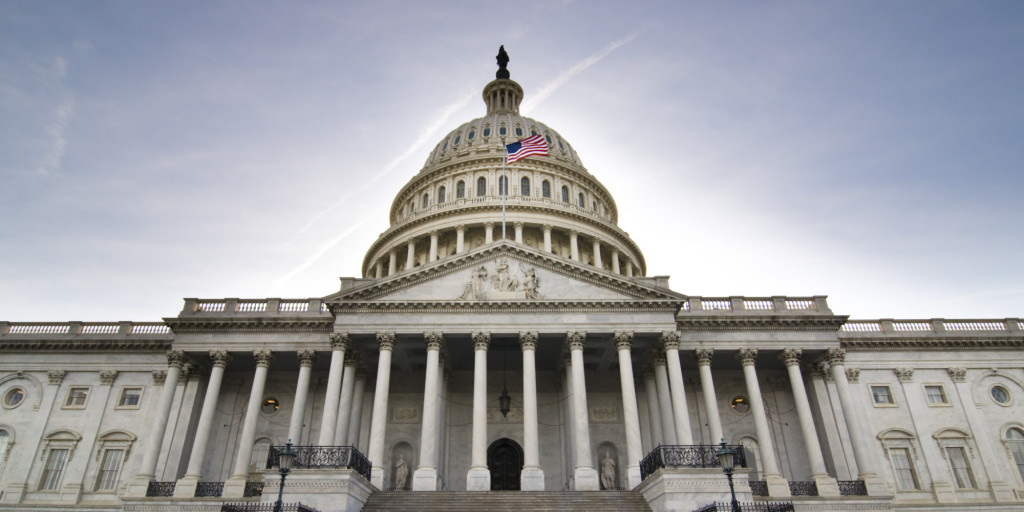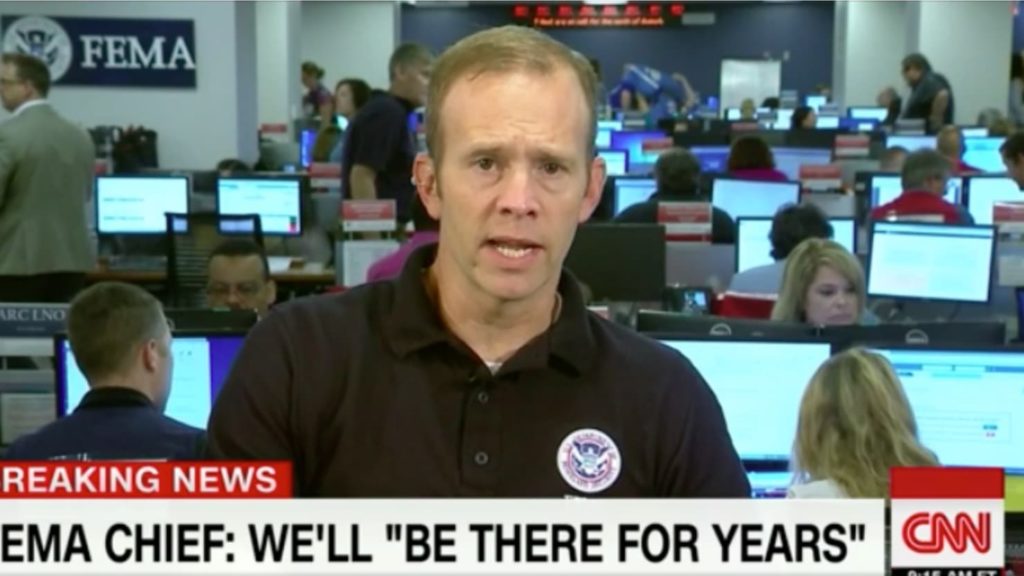House moving swiftly on $7.9B Harvey relief bill

The House on Wednesday moved swiftly toward approving $7.9 billion in Harvey disaster relief as Democratic leaders signaled they would back the measure along with a short-term increase in the nation’s borrowing limit to avoid an economy-rattling default. The announcement by House Minority Leader Nancy Pelosi, D-Calif., and Senate Minority Leader Chuck Schumer of New York is aimed at retaining Democratic influence and trying to ensure the Republican-controlled Congress addresses health care and immigration as the hectic fall agenda kicked off. “Given Republican difficulty in finding the votes for their plan, we believe this proposal offers a bipartisan path forward to ensure prompt delivery of Harvey aid as well as avoiding a default, while both sides work together to address government funding, DREAMERS, and health care,” Pelosi and Schumer wrote. Democratic votes are needed to quickly pass a debt limit increase, even though Republicans control Congress. Many Republicans simply won’t vote to increase the debt limit without cuts elsewhere in government spending. Wednesday’s House vote comes as the government’s response to Harvey is draining existing disaster reserves, with Federal Emergency Management Agency‘s disaster accounts hovering at $1 billion or less. FEMA is warning lawmakers that disaster funds run out on Friday, even as a much more powerful hurricane, Irma, is bearing down on the eastern U.S. This week’s measure is to handle the immediate emergency needs and replenish reserves in advance of Irma. Far more money will be needed once more complete estimates are in this fall, and Harvey could end up exceeding the $110 billion government cost of Hurricane Katrina. The move by Pelosi and Schumer is aimed at winning assurances that minority party Democrats will be treated fairly as Congress advances through its daunting to-do list, which includes extending a popular children’s health program, federal flood insurance, and, perhaps, a budget that would ease tight limits on Pentagon and domestic spending. The statement came out as the House Wednesday took up a $7.9 billion request by President Donald Trump‘s for a $7.9 billion first installment of relief for victims of Harvey. House action on Wednesday would set up a Senate debate that, as of Wednesday, would follow an uncertain path. GOP leaders have signaled that they want to use the urgent Harvey aid bill to solve perhaps the most vexing issue facing Congress this month: Increasing the U.S. debt limit make sure the government can borrow freely again to cover its bills, including Harvey aid. Senate Majority Leader Mitch McConnell, R-Ky., said again Wednesday that increased Harvey costs show the importance of acting swiftly to increase the government’s debt cap to make sure there’s enough borrowed cash to pay out the surge in disaster aid. “I think it’s a terrible idea,” said House Freedom Caucus Chairman Mark Meadows, R-N.C., who conceded that conservatives were getting outmaneuvered. “I think at this point there are bigger issues that we have to focus on,” Meadows said. “I have opposed a debt ceiling increase every time it has come up for a vote,” said Rep. Roger Williams, R-Texas. “I am heavily opposed to lumping these two separate issues together.” Analysts at the Bipartisan Policy Center, a Washington think tank, say Harvey aid wouldn’t cause a cash crunch for weeks. “We’re dealing with all these things at this point in time anyway,” said House Democratic Caucus Chairman Joe Crowley of New York. “Democrats have said we’re for a clean debt ceiling and we’re also for making sure the people from Texas, Louisiana, and elsewhere who’ve been severely damaged by these storms – with one more on the way as well – that their needs need to be addressed as well.” Republished with permission from the Associated Press.
Former Alabama leader, FEMA Director Brock Long faces first first big test

Brock Long, the Director of the Federal Emergency Management Agency (FEMA), is getting ready to face one of the toughest challenges of his career — coordinating the federal response to the damage done by Hurricane Harvey in Houston, Texas. While he’s only been on the job for two months, Long will be relying on years of experience in working with natural disasters in the weeks, months and years of Hurricane Harvey clean-up that lies ahead. From 2008 to 2011 Long served was at the helm of the Alabama Emergency Management Agency (AEMA), where he worked on the Yellowhammer State’s response to the Deepwater Horizon oil spill and numerous other natural disasters. As Director, he served as the State Coordinating Officer for 14 disasters, including eight presidentially-declared events. Prior to that he was a FEMA Regional Hurricane Program Manager from 2001 to 2006. Long’s already relying on his experience as the storm continues to do damage to the Lonestar State. On Monday, he asked for all Americans to help in what will be a lengthy recovery from the historic flooding caused by Hurricane Harvey. “Helping Texas overcome this disaster is going to be far greater than FEMA coordinating the mission of the entire federal government,” Long said at as news conference in Washington. “We need citizens to be involved. This is a landmark event. We have not seen an event like this. You could not draw this forecast up. You could not dream this forecast up.” “This is a whole community effort,” he added. The extent of the damage remains unknown, and the rainfall is not expected to let up for several days. Long urges individuals and organizations to check the website nvoad.org or call 1-800-621-FEMA to find out how to help.
Robert Bentley requests federal assistance for storm-hit counties

Alabama Gov. Robert Bentley has requested federal disaster assistance for counties hit by the severe storms this past month. Bentley said Thursday that 39 counties will receive assistance through the Federal Emergency Management Agency. The governor declared a state of emergency amid widespread flash flooding that followed several days of intense weather throughout the Southeast beginning Dec. 24. Counties to receive assistance include Autauga, Barbour, Blount, Bullock, Butler, Chambers, Cherokee, Clay, Cleburne, Coffee, Colbert, Conecuh, Covington, Crenshaw, Cullman, Dale, DeKalb, Elmore, Escambia, Fayette, Franklin, Geneva, Henry, Houston, Jackson, Lamar, Lawrence, Lee, Lowndes, Macon, Marion, Marshall, Monroe, Pike, Perry, Russell, St Clair, Walker, and Winston. The Public Assistance Grant Program provides assistance for debris removal and emergency protective measures. It also includes repair, replacement or restoration of disaster-damaged, publicly owned facilities, and infrastructure. Republished with permission of the Associated Press.


